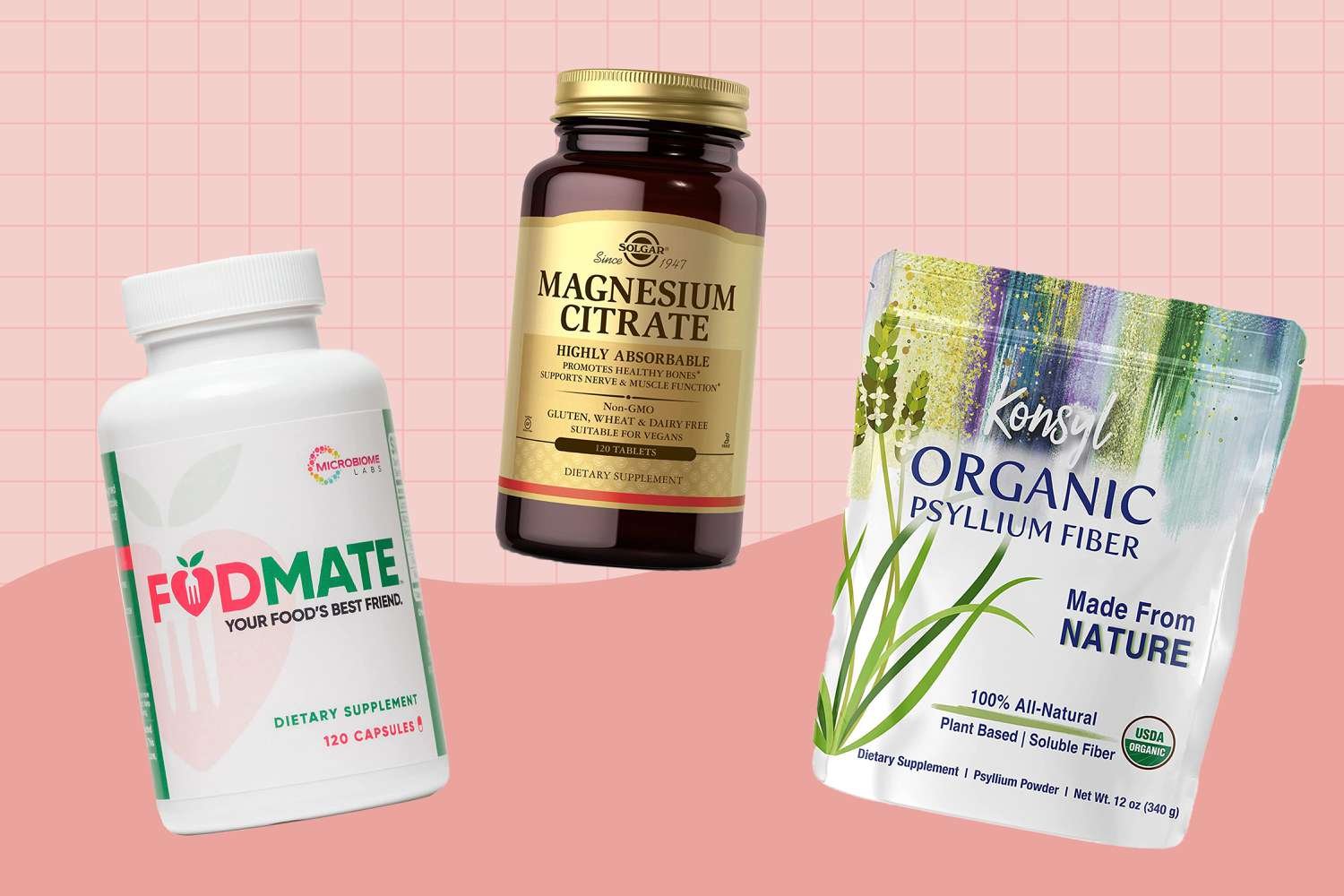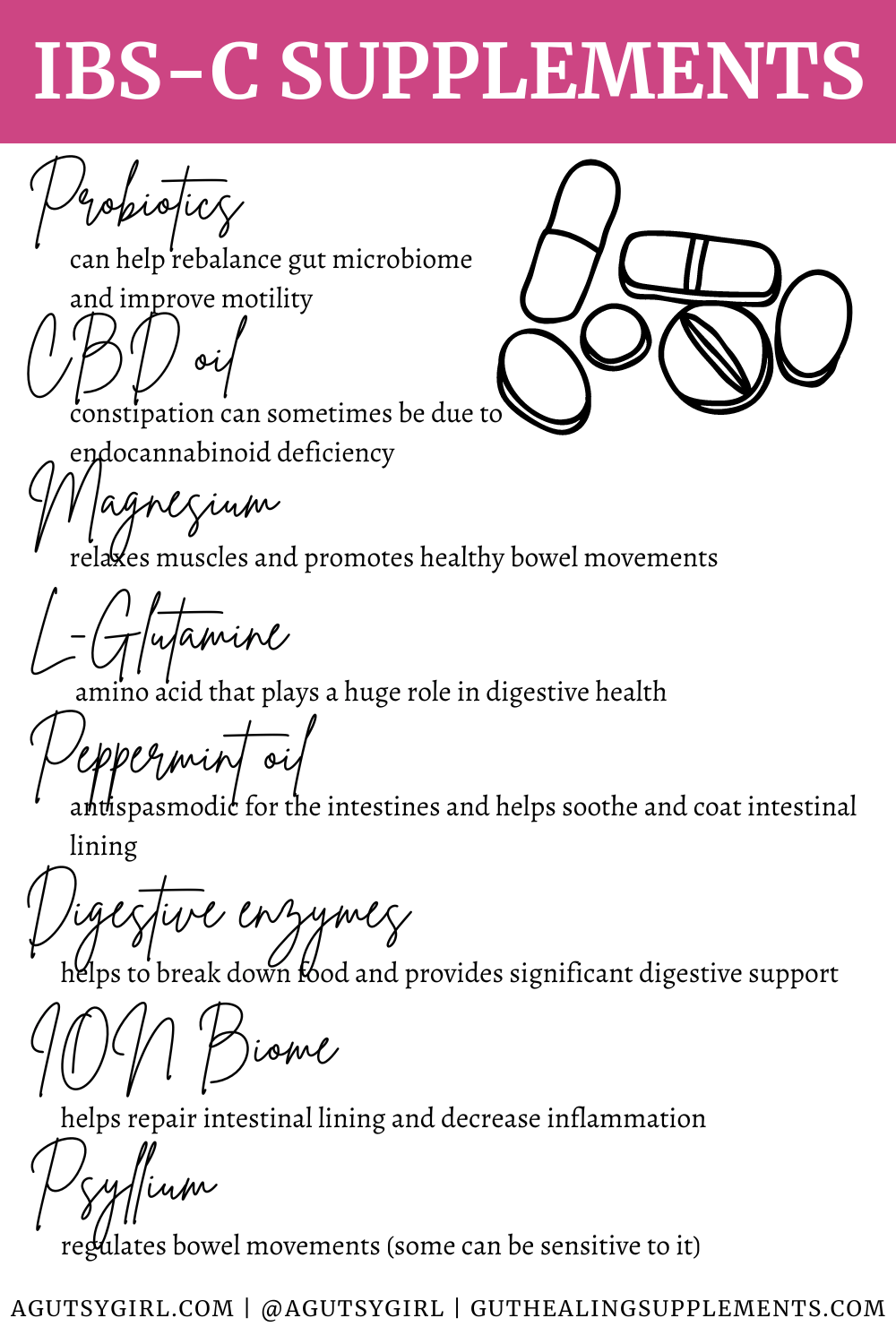If you’ve been struggling with the uncomfortable symptoms of Irritable Bowel Syndrome (IBS), you’ll be glad to know that there are supplements available to help manage those symptoms. In this article, we’ll dive into the top 5 supplements that have been shown to effectively alleviate the distress caused by IBS and other gastrointestinal disorders. From probiotics to peppermint oil, these natural remedies can offer much-needed relief and help you get back to feeling your best. Let’s explore the world of supplements and discover which ones are worth considering for your IBS journey.

Heading 1
Subheading 1.1
If you’re suffering from irritable bowel syndrome (IBS) or any other gastrointestinal disorder, you may be looking for answers on how to manage your symptoms effectively. While lifestyle changes, such as diet and stress management, play a crucial role in managing IBS, supplements can also be a helpful addition to your treatment plan. In this article, we will explore the top five supplements that have shown promise in managing the symptoms of IBS.
Subheading 1.2
Peppermint oil capsules have gained popularity as a natural remedy for IBS symptoms. The active ingredient in peppermint oil, menthol, has been found to have a relaxing effect on the muscles of the gastrointestinal tract, helping to ease abdominal pain, bloating, and discomfort. Several studies have shown that peppermint oil capsules can significantly reduce IBS symptoms, making it a valuable addition to your daily routine. However, it’s important to note that some individuals may experience heartburn or other side effects, so be sure to consult with your doctor before adding peppermint oil capsules to your regimen.
Subheading 1.3
Probiotics, often referred to as “good bacteria,” are live microorganisms that can help restore the balance of bacteria in your gut. There is evidence to suggest that individuals with IBS may have an imbalance of gut bacteria, leading to the symptoms associated with the condition. By taking probiotic supplements, you can introduce beneficial bacteria into your system, potentially alleviating symptoms like abdominal pain, bloating, and irregular bowel movements. Look for probiotic supplements that contain strains such as Bifidobacterium and Lactobacillus, as these have been shown to be particularly effective for managing IBS symptoms.
Heading 2
Subheading 2.1
Another supplement worth considering for managing IBS symptoms is psyllium husk. Psyllium is a soluble fiber derived from the seeds of the Plantago ovata plant. It works by absorbing water in the gut and forming a gel-like substance, which helps regulate bowel movements and improve stool consistency. By adding psyllium husk to your diet, you can potentially reduce symptoms such as constipation and diarrhea. It’s important to start with a low dose and gradually increase it while ensuring you drink plenty of water to avoid potential digestive discomfort.
Subheading 2.2
Turmeric, a spice commonly used in cooking, contains an active compound called curcumin. Curcumin has powerful anti-inflammatory properties and has been studied for its potential benefits in managing inflammatory bowel diseases like Crohn’s disease and ulcerative colitis. While research specifically on curcumin’s effects on IBS is limited, its anti-inflammatory properties may help reduce inflammation in the gut and alleviate symptoms such as abdominal pain and diarrhea. Consider incorporating turmeric into your diet or taking curcumin supplements, but consult with your healthcare provider for proper dosage guidance.
Subheading 2.3
Digestive enzymes are another supplement that may be beneficial for individuals with IBS. These enzymes help break down proteins, fats, and carbohydrates in the food you eat, aiding in proper digestion. When your digestive system is not functioning optimally, it can lead to symptoms like bloating and gas. Taking digestive enzyme supplements before meals can support the digestion process and potentially alleviate these uncomfortable symptoms. Look for a supplement that contains a blend of enzymes such as amylase, lipase, and protease for comprehensive digestive support.

Heading 3
Subheading 3.1
In addition to the supplements mentioned above, there are a few general tips to keep in mind when managing symptoms of IBS. Firstly, it’s essential to maintain a healthy and balanced diet. Avoid trigger foods that may worsen your symptoms, such as fatty or spicy foods, caffeine, and alcohol. Instead, focus on incorporating fiber-rich foods, fruits, vegetables, and lean proteins into your diet. Drink plenty of water throughout the day to stay hydrated and promote regular bowel movements.
Subheading 3.2
Stress can be a significant trigger for IBS symptoms, so finding effective stress management techniques is crucial. Engaging in activities like yoga, meditation, deep breathing exercises, or regular exercise can help reduce stress levels and promote overall well-being. Prioritizing self-care and finding healthy coping mechanisms for stress can go a long way in managing your IBS symptoms.
Subheading 3.3
Finally, it’s important to consult with your healthcare provider before starting any new supplements or making significant changes to your diet or lifestyle. They can provide personalized advice based on your specific needs and ensure that any potential interactions with medications or pre-existing conditions are taken into consideration.

Heading 4
Subheading 4.1
While supplements can be helpful in managing symptoms of IBS, it’s essential to remember that they should be used in conjunction with other proven treatment methods. Lifestyle changes, such as dietary modifications, stress management techniques, and regular exercise, should form the foundation of your IBS management plan. Supplements should be seen as a complementary addition to these lifestyle changes, not a standalone solution.
Subheading 4.2
It’s worth noting that supplements may not work for everyone, as individuals with IBS can experience different symptoms and have varying triggers. It may require some trial and error to find the right combination of supplements and lifestyle changes that work best for your specific needs. Patience and persistence are key when attempting to manage your IBS symptoms effectively.
Subheading 4.3
In conclusion, supplements can play a valuable role in managing symptoms of irritable bowel syndrome (IBS) and other gastrointestinal disorders. Peppermint oil capsules, probiotics, psyllium husk, turmeric, and digestive enzymes are among the top supplements that have shown promise in alleviating symptoms such as abdominal pain, bloating, and irregular bowel movements. However, it’s essential to consult with your healthcare provider before adding any new supplements to your routine and to prioritize lifestyle changes as the foundation of your IBS management plan. With the right approach and support, you can find relief and improve your quality of life with IBS.
